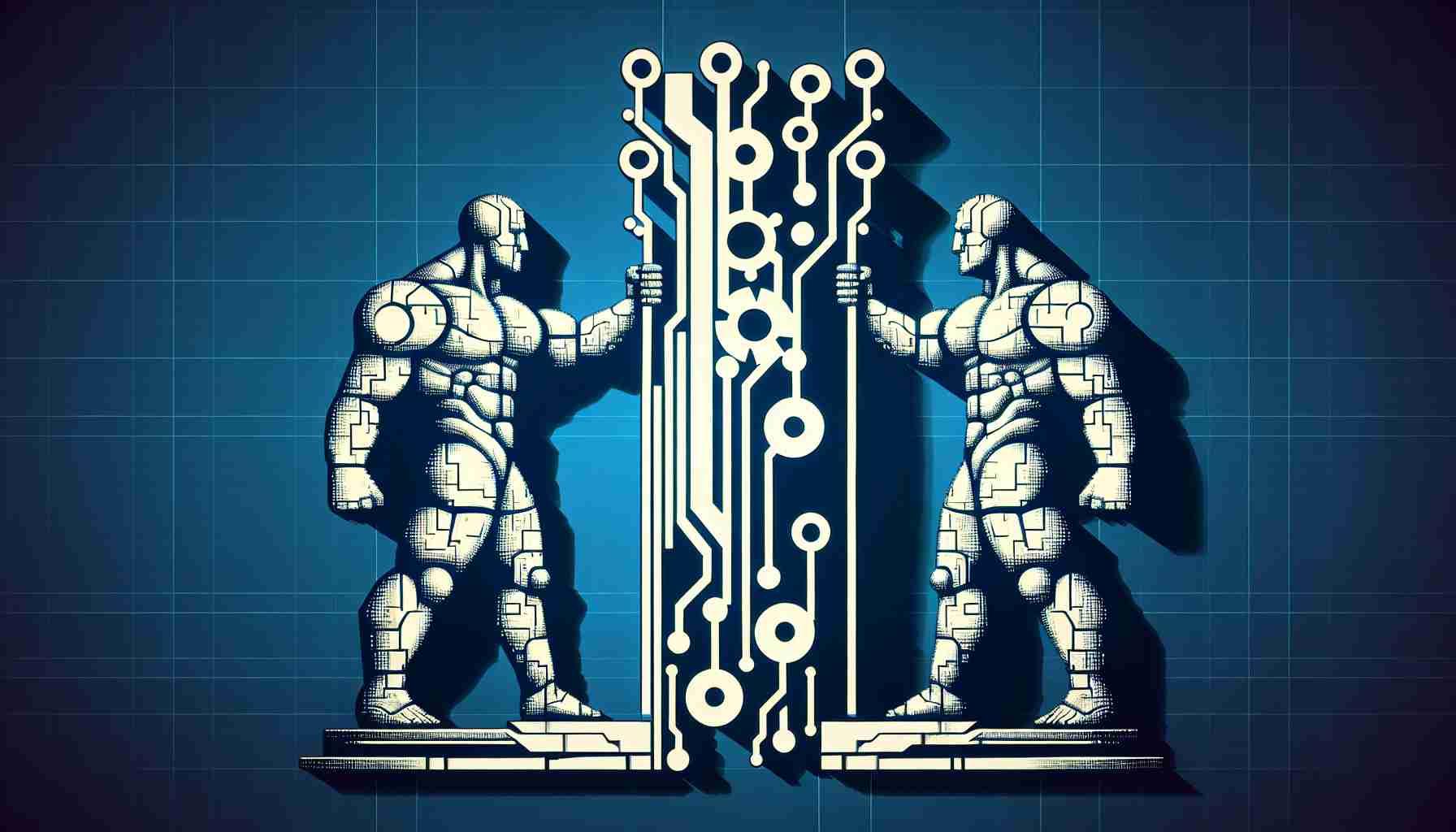Many students utilize external AI tools for their studies, with varying levels of satisfaction towards their respective university’s offerings in handling AI outside of the computer science realm.
A recent survey conducted as part of the Higher Education Ranking by the Center for Higher Education Development (CHE) during the winter semester of 2023/2024 revealed that students outside of computer science do not regularly incorporate Artificial Intelligence (AI) into their academic routines. The findings also indicated that satisfaction levels with how universities address AI differ significantly across disciplines.
Around half of the over 30,000 surveyed students make use of external AI tools such as ChatGPT. These tools are predominantly utilized for tasks ranging from exercises to report writing and exam preparation, either sporadically or on a daily basis.
Divergent Preferences Across Disciplines
Preference for AI tools varies markedly among different fields of study, attributed to the unique nature of the subjects. Particularly in computer science, AI is frequently leveraged, with 61% of computer science students reporting monthly to daily use for programming activities, followed by 36% in physics.
In contrast, students in areas like sociology, political science, and sports science often employ AI tools for crafting reports, seminar papers, or thesis tasks. Medical students, on the other hand, exhibit a lower inclination towards utilizing AI tools, as outlined by the study’s authors.
Whether for exercise tasks or general research and idea generation, students across disciplines highlight the utility of AI in aiding comprehension, summarization, text editing, literature review, and overall topic overview.
Scarce Availability of Internal University AI Tools
When asked about university-provided AI tools, a significant portion of students indicated that their institutions do not offer such resources. Among those that do, students primarily utilize these tools for administrative queries or feedback on assignments.
Furthermore, satisfaction with the opportunities for acquiring AI competencies varies widely across disciplines, with most computer science programs showing contentment. Conversely, the lack of integrated AI education in other academic areas is notably pronounced, particularly in fields like chemistry, earth sciences, medicine, pharmacy, and dentistry.
Continued emphasis on fostering ethical practices regarding AI usage, especially in disciplines like computer science, sociology, and political science, underscores the importance of encouraging responsible AI utilization among students.
Exploring the Multifaceted Usage of Artificial Intelligence Tools Among Students
In delving deeper into the realm of students utilizing Artificial Intelligence (AI) tools beyond computer science, a myriad of questions arise that shed light on the varied landscape of AI integration across different disciplines.
Key Questions and Insights:
1. What are the driving factors influencing the utilization of AI tools across disciplines?
Answer: The propensity to use AI tools is influenced by factors such as the nature of academic tasks, comfort with technology, and awareness of available AI resources within specific fields of study.
2. How do students in non-technical fields perceive the advantages of AI in their academic pursuits?
Answer: Students in disciplines like sociology, political science, and sports science express a growing recognition of AI’s potential benefits in tasks like report writing, data analysis, and research synthesis.
3. What are the main challenges hindering widespread adoption of AI tools in academia?
Answer: Challenges include issues related to data privacy, lack of training on AI tools, unequal access to advanced technology, and concerns about AI replacing human creativity and critical thinking skills.
Advantages and Disadvantages:
Advantages:
– Enhanced productivity and efficiency in tasks like literature review, summarization, and data analysis.
– Facilitation of collaborative projects through real-time translation, transcription, and editing capabilities.
– Opportunity for students to develop digital literacy and critical thinking skills in navigating AI-driven tools.
Disadvantages:
– Potential ethical dilemmas regarding data privacy and algorithmic bias in AI tools.
– Risk of overreliance on AI for complex cognitive tasks, potentially hindering individual problem-solving abilities.
– Unequal access to AI tools and training resources, leading to disparities in academic performance among students.
In addressing these complexities, it is essential for educational institutions to navigate the evolving landscape of AI tools in a way that fosters responsible usage and equitable access across disciplines.
For further exploration of AI ethics, educational implications, and technological advancements in academia, visit Educause.






















